Windy City Tour
Chicago’s EMS companies place an emphasis on responsiveness.
While major manufacturing centers in Mexico, plus the more than 250 EMS companies in the Silicon Valley, draw much of the attention when it comes to electronics assembly, the greater Chicagoland area is alive and well.
CIRCUITS ASSEMBLY visited a trio of EMS companies last fall, each of which specializes in different niches. The firms, which include Imagineering, BEST and BESTProto, have taken different paths to success, but they have a common recognition of the need for responsiveness in a demanding customer environment.
Imagineering: From Fabrication to Assembly
Our first stop was Imagineering. The 38-year-old company offers fabrication services through partners in Taiwan, China and the US, and began offering assembly in 2011 as an additional service for customers.
Originally a printed circuit fabricator, Imagineering in 2013 installed its first in-house SMT line, which permitted the company to maintain its strict quality standards, CEO and managing partner Khurrum Dhanji said.
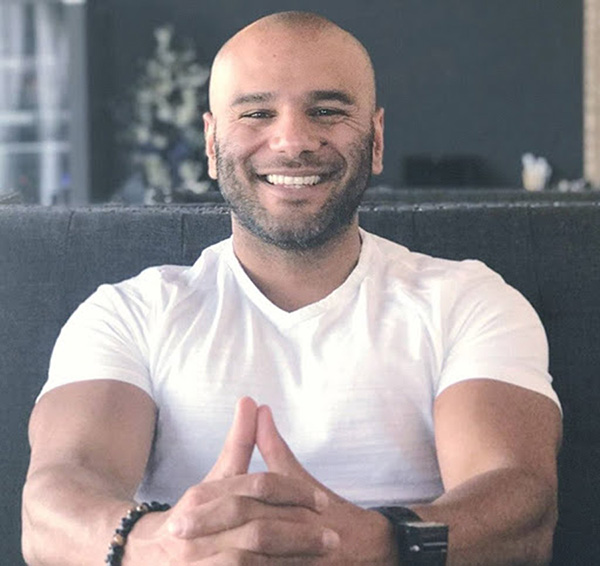
Figure 1. Khurrum Dhanji has led Imagineering’s expansion into SMT.
“We wanted to be sure we could maintain the quality clients were used to,” he said.
Dhanji ran the initial SMT line himself after visiting Mycronic to get an up-close look at the process, and within the first year of offering in-house assembly, Imagineering had a handful of employees to work the line, he said.
“We rapidly grew assembly in the first three to five years,” Dhanji said.
Today, the company has 70 employees spread between two locations, a 27,000 sq. ft. assembly facility in the Chicago area and its 15,000 sq. ft. headquarters in Fort Worth, TX, which was added in April of 2021 and offers assembly services.
The company’s revenue split is currently around 60% fabrication and 40% PCBA, and the assembly side of the business has continued to grow more even with the fab side, Dhanji said. Part of that growth has been spurred by the company’s fabrication customers turning to Imagineering for assembly.
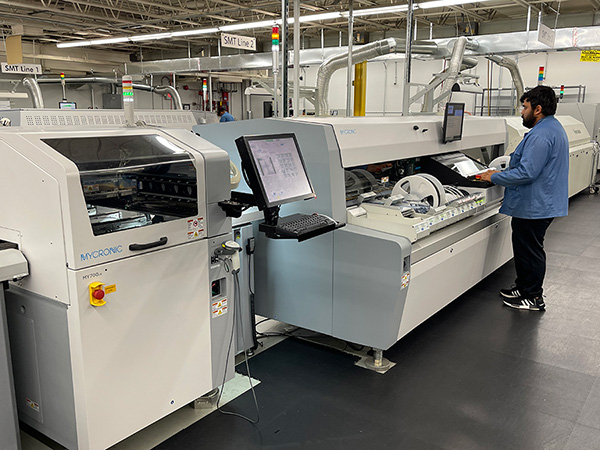
Figure 2. Imagineering’s assembly services have grown to include four SMT lines at its facilities in Elk Grove Village, IL, and Fort Worth, TX.
The company offers consignment assembly using a customer’s pre-made parts, but it also has a large network of PCB suppliers that permit Imagineering to offer lower prices on full turnkey projects – from ordering the components and manufacturing and assembling the PCBs, to testing and shipping them out.
Imagineering has a lot of flexibility in its manufacturing capacity and can offer customers the options of producing as little as one piece per day up to thousands per day, Dhanji said.
In 2023, Imagineering had around 1,500 customers, and averaged around 50 unique part numbers per day after having 10,000 unique part numbers in 2022.
The company doesn’t provide design work, but its engineering team provides DfM support and can make minor changes to Gerber files sent by a customer to make sure any issues are resolved in the pre-fabrication stage.
“Customers really like the engineering support,” said Roy.
He said the engineers receive each job the same way, with no idea of the priority of the work or what they’re helping with, and that allows them to provide the same level of service to each customer, big or small.
“They treat every single job as it is the most important job for our customers,” Roy said. It may explain why the company took home five CIRCUITS ASSEMBLY Service Excellence Awards in 2023.
Imagineering’s network of fabrication suppliers encompasses all existing substrates on the market – including flex and rigid-flex – and the company performs all assembly to class 3 standards, Dhanji said.
Through the Great Recession, the Covid-19 pandemic and the current post-pandemic recession, Imagineering has continued to grow. Dhanji said he wants to see the company continue that growth path and navigate through the wave of consolidation that has been taking place in the US PCB industry and will likely continue in coming years.
While he had no specific plans to share, he said the company is always on the lookout for opportunities to see its assembly business blossom.
“My goal is to consolidate PCB assembly in the US,” Dhanji said.
BESTProto: When You Need It Quick’
A repeat winner of the CIRCUITS ASSEMBLY Service Excellence Awards (including the recipient of the Highest Overall Customer Rating), Chicago-based EMS provider BESTProto prides itself on its flexibility.
The Tier IV EMS firm specializes in prototype assembly, and can handle bookings ranging from a single piece to a couple thousand, with most orders numbering around 20 pieces, said director of business development Garth Cates.
The firm averages around 50 customers a year at its 17,000 sq. ft. facility in South Elgin, IL, and its 15 employees run one shift on its three SMT lines.
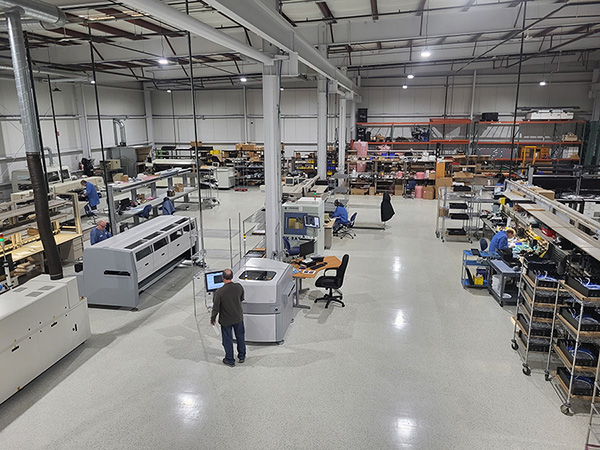
Figure 3. BESTProto’s 17,000 sq. ft. facility in South Elgin, IL includes three SMT lines.
BESTProto offers five-day, 10-day and 20-day services – but has also done one-day turns when customers needed it, Cates said.
That flexibility also applies to customers that have their own parts or need their supplier to source them.
“We will do 100% consignment to 100% turnkey and anywhere in between,” Cates said.
While the company doesn’t offer its own design and layout services, it has industry contacts and can make introductions for those services. In addition, BESTProto performs documentation verification and can provide DfM and DfT feedback to customers to help the process.
“It’s almost rare that we don’t catch a problem,” he said.
BESTProto can provide SMT placement of components down to 0201 sizes, as well as through-hole assembly, LGAs and QFNs and BGAs down to 0.4mm pitch components. It also offers wire and cable assembly and box build services.
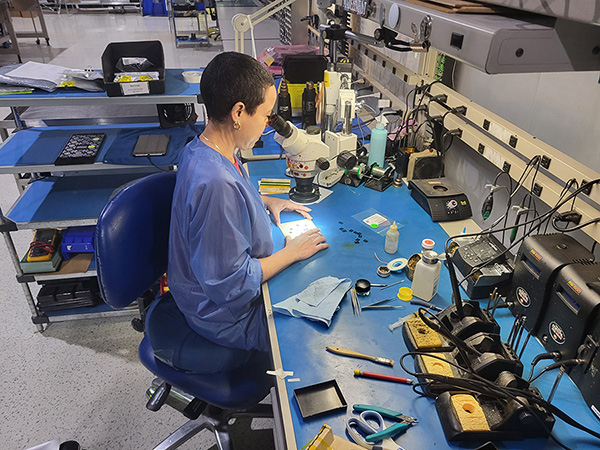
Figure 4. BESTProto offers five-day, 10-day and 20-day assembly services.
Everything assembled by the company goes through a thorough inspection and testing process, including x-ray inspection and AOI.
When we visited in November, the supply chain had been improving – although some ICs still had some long lead times – but the challenges of the pandemic provided an opportunity for BESTProto to flex its knowledge and connections to dig up some tricky materials, Cates said.
“We’ve been pretty good at coming up with materials that others can’t seem to find,” he said.
BESTProto is more of a boutique shop than the average mail order “throw it over the wall” provider, and offers plenty of customer assistance and a personal touch coupled with speed and accuracy, he said.
“If you need it done quickly and need it done right, that’s what we do,” Cates said.
BESTProto has seen good growth in the past couple of years through the pandemic and ensuing recession, and the company is looking to continue that path and diversify its customer base.
“2023 has been excellent, and we’re looking to keep going and maintain that momentum,” he said.
BEST: ‘Solder University’
Our final stop was to BEST, which offers PCB rework and repair and solder training courses out of its 30,000 sq. ft. facility in Rolling Meadows, IL, and it recently added a new facility in Lansing, MI, to host more training courses.
The company’s 26 personnel include 15 full-time employees who remove and replace components and perform board-level repairs of any physical damage to populated and unpopulated boards – including flex and rigid-flex. One of its specialties is also the ability of complex BGA repair and reballing, said president Nash Bell.
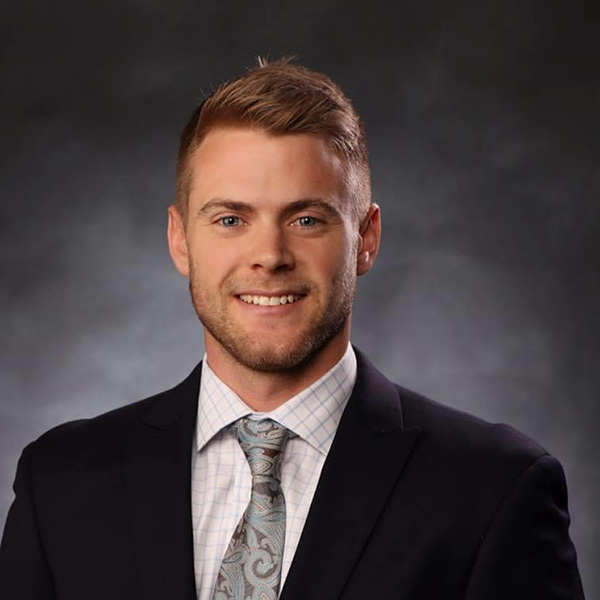
Figure 5. BEST president Nash Bell came aboard the firm a year ago after a buyout of its founders.
The company sometimes gets requests from individuals for rework or repair for consumer devices, but for now, BEST has stuck with working directly with manufacturers.
Another service offered is salvaging, and demand for that really picked up during the pandemic and the supply chain issues that arose – including some customers who needed to get one specific part off old boards to be used in new ones, Bell said.
With the easing of the procurement issues, that service has seen a drop in demand, but is still getting business, he said.
“We still get them, but a lot lower than the prior two years,” he said.
BEST’s master IPC Training and Solder Certification courses are also gaining momentum as people see the benefit in learning to solder or improving their skills to keep up with new technology, Bell said.
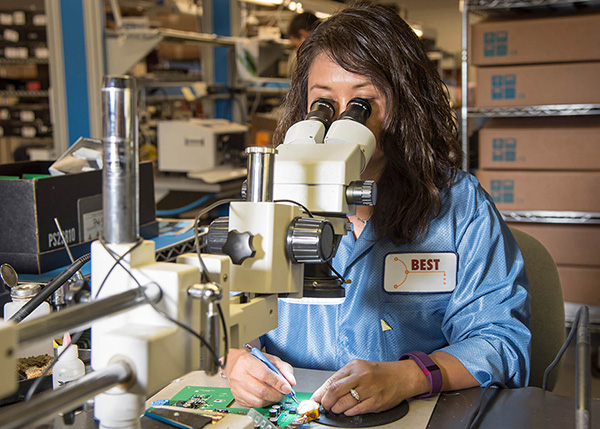
Figure 6. BEST’s 26 employees specialize in repair and rework at the solder and board levels.
Before adding the Michigan location, the company had been traveling directly to companies using its Mobile Training Center or renting out hotel conference rooms to host classes, but securing a set location through 2024 should enable the continued growth of BEST’s training business, he said.
Bell joined the company at the beginning of 2023 after a new ownership group took over operations, and one point of emphasis since the changeover has been growing a culture of continuous improvement, he said.
“We really have grabbed onto the idea that we’re always growing and learning,” Bell said.
He said employees are encouraged to cross-train between the different services offered by the company to grow and refine their skills, and with the training resources already at hand within BEST, it would be a waste to not allow employees to take advantage.
“We came into a really great product here,” he said. “It’s almost a Solder University.”
Right now, BEST’s revenue mix is around 50% from operations, 35% from training and 15% from its products like repair kits and stencils that are available for purchase, Bell said.
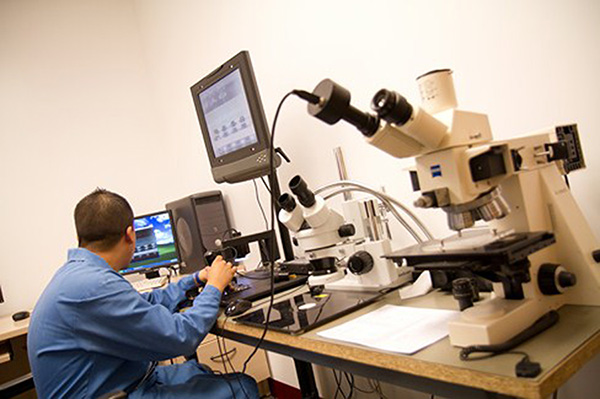
Figure 7. Along with its rework and salvaging services, BEST offers x-ray and optical inspection.
He said training and products have seen growth over the past year, and continuing that path is important to make sure the company does not grow overly reliant on one department.
“I’m very happy with how things are going,” he said.
Bell said he and the rest of the company have a lot of excitement for 2024’s prospects, and he wants to see BEST grow into the expert resource that people think of first when they need help.
“We want to be the best of the best,” he said. “Almost the Navy SEALs of soldering.”
is managing editor of CIRCUITS ASSEMBLY/PCD&F; tyler@pcea.net.
Press Releases
- AIM Solder Appoints Angel Lopez as Technical Support Engineer in North America
- AIM Solder Appoints Angel Lopez as Technical Support Engineer in North America
- Viscom Inc. Presents AI-Driven Inspection Innovations at APEX Expo 2026
- Libra Industries Names Tony Jepson as General Manager of Dallas Facility







